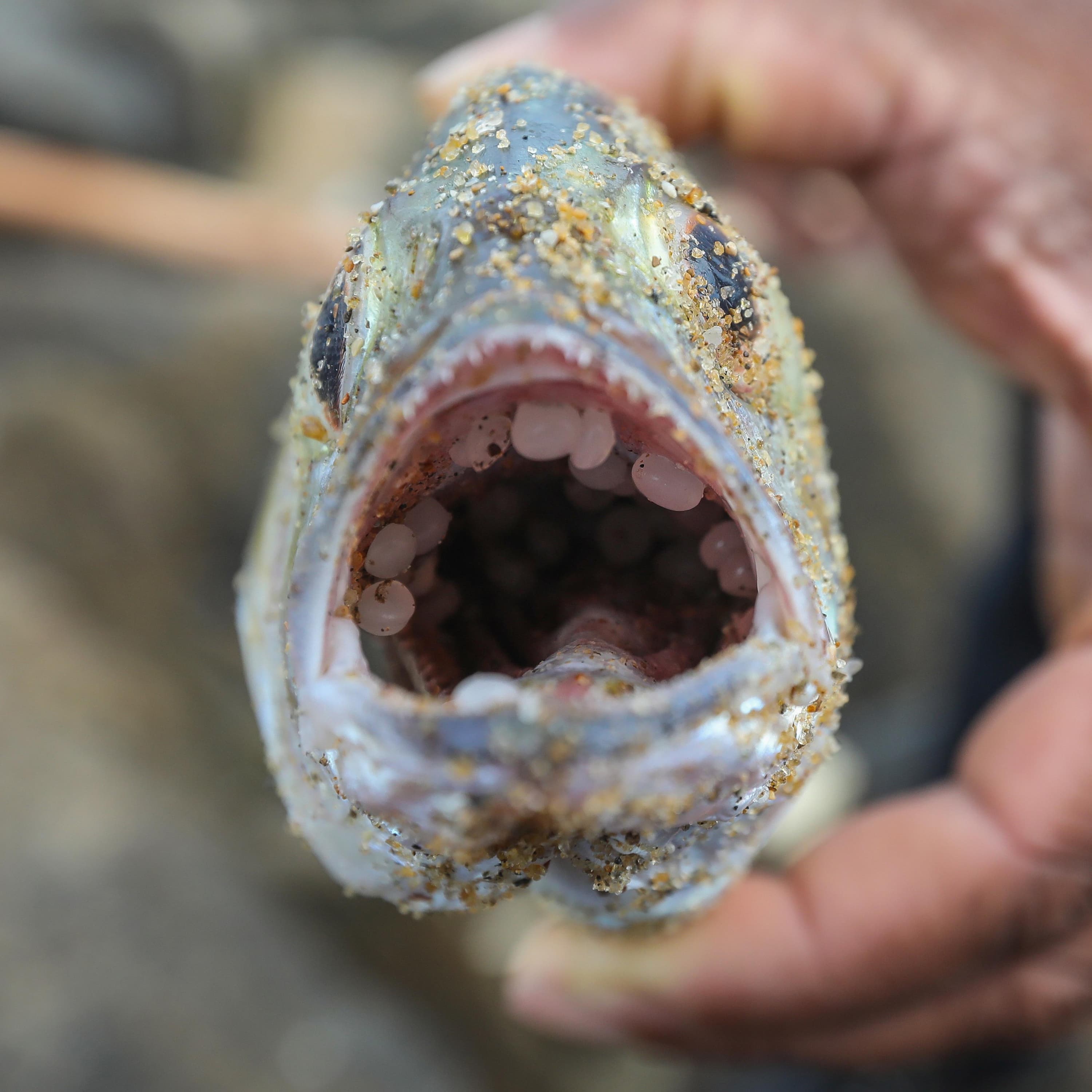
How the first pig-to-human heart transplant was done
Loading player...
Earlier this month, in a medical first, surgeons from the University of Maryland transplanted a genetically altered pig heart into a living person. Doctors believed it was their only chance to save the life of David Bennett, a 57-year-old patient who was considered too ill for a human organ replacement. With hundreds of thousands of people worldwide in need of new organs, are animals set to be the future of transplantation? Ian Sample talks to bioethicist Prof Arthur Caplan about how the operation was made possible, and what could be next. Help support our independent journalism at theguardian.com/sciencepod




